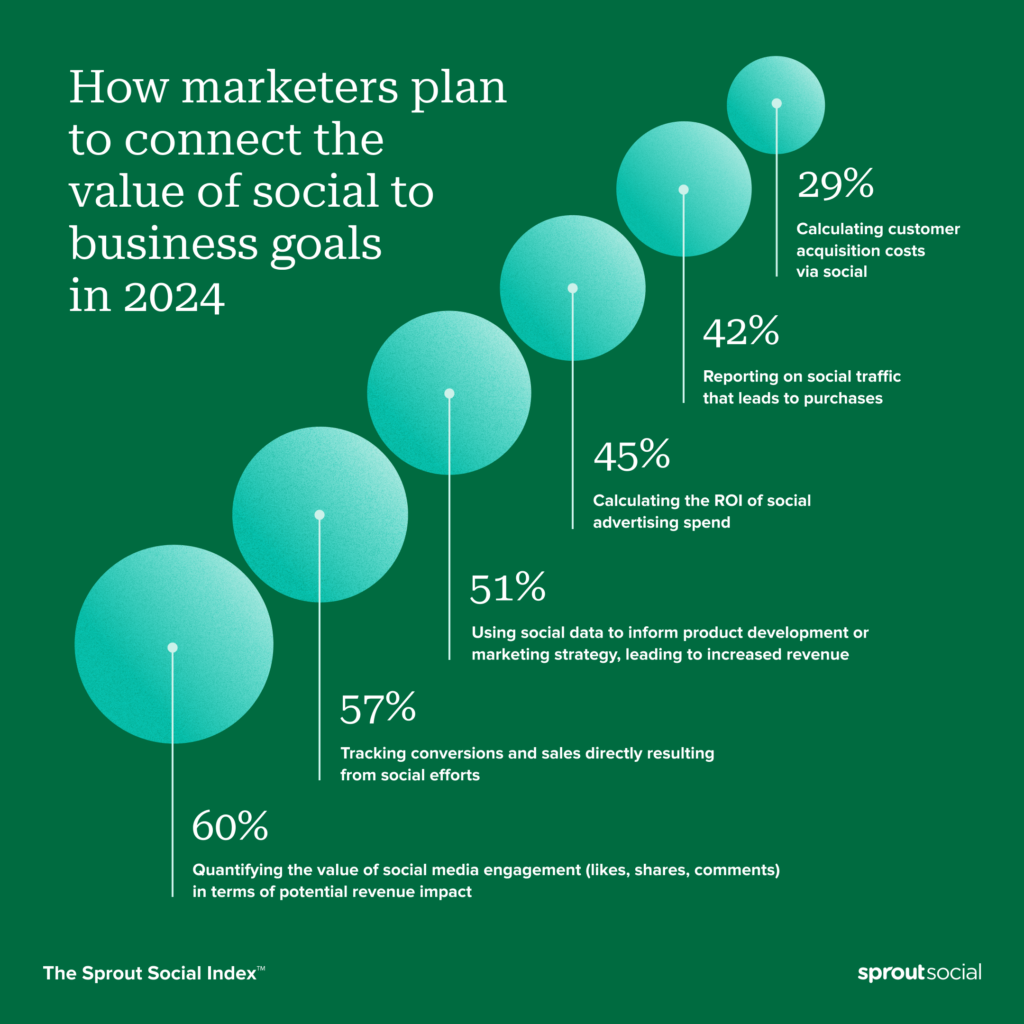Paid media campaigns can help you reach more people. But they cost money. So, it’s important to budget well. This guide will help you understand how to budget for paid media campaigns.
What is a Paid Media Campaign?
A paid media campaign is a way to advertise. You pay money to promote your message. This can be on social media, websites, or search engines.

Credit: blog.hubspot.com
Why Budgeting is Important
Budgeting helps you control your spending. It ensures you do not spend too much. It also helps you plan for the future.
Steps to Budget for Paid Media Campaigns
1. Set Clear Goals
Know what you want to achieve. Do you want more website visits? Or more sales? Clear goals help you plan better.
2. Know Your Audience
Understand who you want to reach. This helps you spend money wisely. You can target people who are interested in your message.
3. Choose The Right Platforms
There are many platforms for paid media. Each platform has different costs. Choose platforms that fit your budget and goals.
4. Estimate Your Costs
Know how much you need to spend. This includes ad creation, placement, and management. Make a list of all costs.
5. Allocate Your Budget
Divide your budget into parts. Spend more on important platforms. Keep some money for testing new ideas.
Common Costs in Paid Media Campaigns
There are several costs to consider. Here are some common ones:
- Ad Creation: This includes designing and writing ads.
- Ad Placement: This is the cost to display your ads.
- Ad Management: This includes monitoring and adjusting your ads.

Credit: sproutsocial.com
How to Manage Your Budget
Managing your budget is important. Here are some tips:
- Track your spending regularly.
- Adjust your budget if needed.
- Look at your results. See what is working and what is not.
Tools to Help with Budgeting
There are tools that can help you. These tools can track spending and results. Some popular tools are:
- Google Analytics
- Facebook Ads Manager
- Hootsuite
Challenges in Budgeting for Paid Media
Budgeting can be hard. Here are some common challenges:
- Changing Costs: Ad prices can change. This affects your budget.
- Over-Spending: It’s easy to spend too much. Keep track of your spending.
- Unclear Goals: Without clear goals, it’s hard to plan your budget.
Tips for Successful Budgeting
Here are some tips to help you succeed:
- Start Small: Test with a small budget first.
- Be Flexible: Be ready to change your plan if needed.
- Learn and Improve: Look at your results and learn from them.
Frequently Asked Questions
What Is A Paid Media Campaign?
A paid media campaign involves paying for ad placements to promote products or services.
Why Is Budgeting Important For Paid Media Campaigns?
Budgeting ensures you allocate funds wisely and track campaign performance effectively.
How Do I Set A Budget For My Campaign?
Estimate your goals, audience size, and the cost of ad platforms.
What Factors Influence The Budget Of A Paid Media Campaign?
Ad platform, target audience, campaign duration, and competition.
Conclusion
Budgeting for paid media campaigns is important. It helps you control your spending and plan for success. Set clear goals. Know your audience. Choose the right platforms. Estimate your costs. Allocate your budget wisely. Track your spending. Use tools to help you. Be ready for challenges. Follow these tips, and you will do well.

